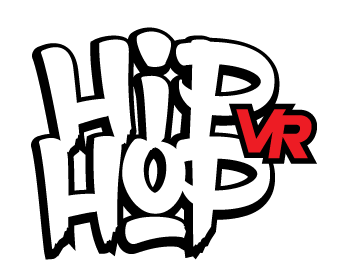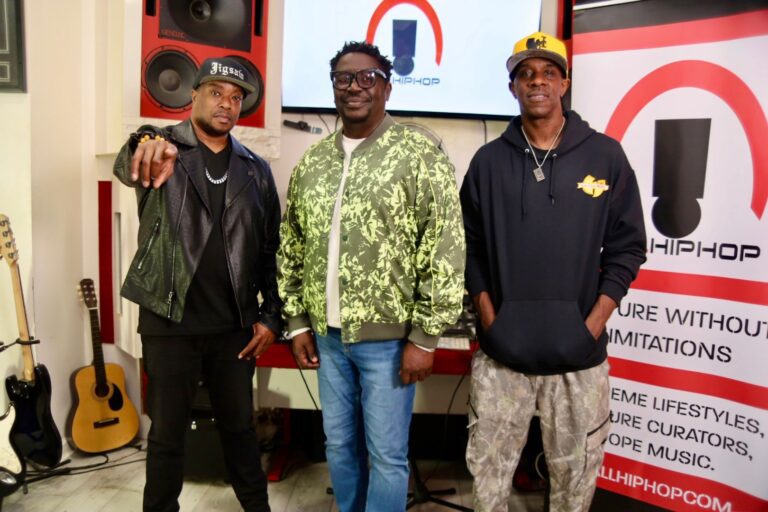Earl “DMX” Simmons’ longtime manager and uncle Ray Copeland, known in the music industry as Uncle Ray, said he figured out how to pay for the late rapper’s funeral after record labels and music partners declined to donate.
In an exclusive interview with AllHipHop, Copeland said he assembled a consortium and raised $150,000 to organize DMX’s 2021 funeral. Copeland said he initially received little to no financial support from Ruff Ryders, Def Jam Records or other industry figures close to the artist.
“When Bury X was being buried, I was on the phone with everybody, Ruff Ryders, Swizz Beatz, Steve Rifkind, Def Jam,” Copeland said. “I told them how much it was going to cost. Everybody said, ‘I don’t have any money.'” So I hung up the phone and said, ‘Forget it.’ I’ll put it together myself. “
Copeland said the entire funeral, including the high-profile memorial at Brooklyn’s Barclays Center, was arranged by himself with the help of business partner Jermain Miller and attorney Ron Sweeney.
“I would never have financially buried my nephew without Jermaine Miller. She put all the money into the funeral – $150,000 total,” Copeland said in a text message outside the studio interview.
At WonWorld Studios, he explained that he did get help later, but it didn’t cover everything. “Def Jam [later] Gave me $35,000 and that was it. They later told the media they paid for the funeral. That’s not true. Kanye West is in charge of everything at Barclays Center,” he said.
DMX passed away on April 9, 2021 at the age of 50 due to a heart attack. His death prompted an outpouring of tributes from fans and peers, but Copeland said when his funeral came, few stepped forward to offer financial help.
“This man made us all millionaires,” Copeland said. “I have to try to get through this with my family.”
He confirmed that the rapper does not have life insurance. “Thank God for people who love him and good relationships,” he said.
Copeland also questioned several details about the public’s perception of DMX’s funeral, including viral images showing a red monster truck carrying a casket through Brooklyn.
“X is not on top of that truck,” he said. “I didn’t allow it because it wasn’t safe. His body was in the hearse behind me, heading to Barclays Center. He didn’t leave the funeral home until the day of the funeral.”
He said he even considered holding a private funeral in Bronxville, New York, before deciding to hold a public memorial after talking with the family.
“I almost did it in Bronxville,” Copeland said. “I had the whole family get together. But they told me, ‘Ray, you can’t do this. The public needs to say goodbye.'” So I just got it done. “
A native of Yonkers, DMX rose to fame in the late 1990s with Ruff Ryders Entertainment and Def Jam Recordings, releasing a string of multi-platinum albums including “It’s Dark,” “Hell Is Hot,” “Flesh of My Flesh” and “Blood of My Blood.” Known for his raw energy, husky voice, and spiritual depth, he became one of the iconic artists of hip-hop’s golden age.
Despite its commercial success, Copeland said DMX often felt disconnected from the industry and wary of those around it.
“He always said, ‘I have no friends in this industry,'” Copeland recalled. “He was right. When he died, it was all proven.”
The funeral at the Barclays Center drew thousands of fans and tributes from his family and fellow musicians. However, Copeland’s comments shed new light on what goes on behind the scenes, raising questions about responsibility and loyalty in the music industry.
“Everyone’s making statements, hashtags and tributes,” Copeland said. “But when it comes time to do something… keep silent.”
Attempts to contact representatives from Def Jam and Ruff Ryders Entertainment were unsuccessful.
This is Uncle Ray’s first interview. The full conversation with Chuck “Jigsaw” Creekmur and DJ Thoro will be released soon.







